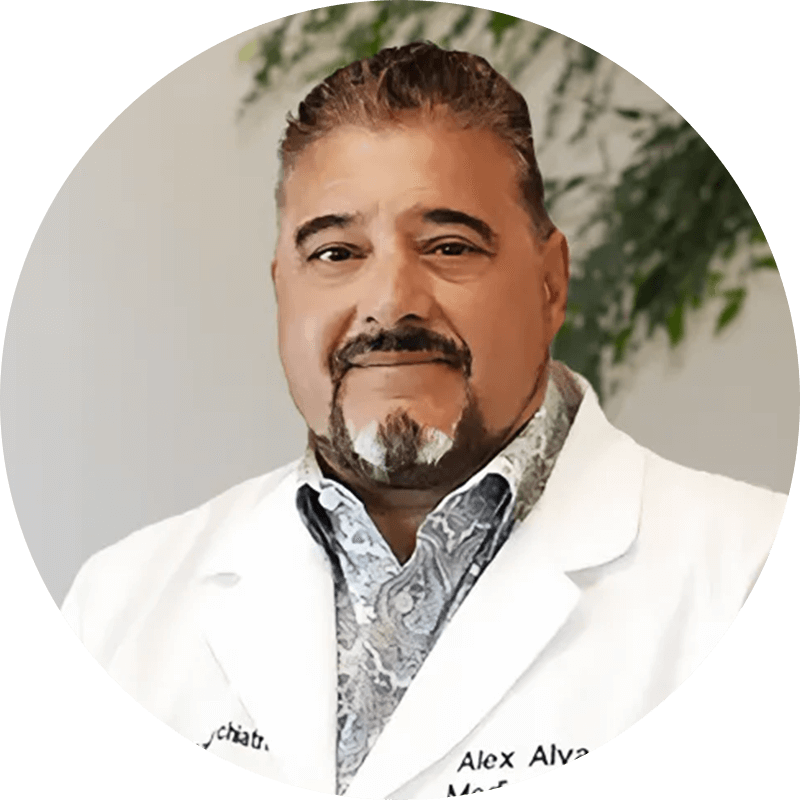Touchstone Recovery Center recently had the honor of featuring Jim Horton from the Zachary Horton Foundation on our podcast, Into Action. In this heartfelt conversation, Jim opened up about the deeply personal experiences that have shaped the mission of his foundation, which was named after his son, Zachary, who passed away suddenly after losing his battle with opioid addiction at just 19 years old. The foundation is dedicated to supporting individuals and families affected by addiction. Together, we explored the immense challenges faced on the road to recovery, the crucial role of early intervention, and the shared commitment of both organizations to guide and uplift those who are seeking help. Below are some key takeaways from this important discussion. The full interview can be viewed below.
The Role of Shame and Guilt in Addiction
For many families, one of the greatest obstacles in addressing a loved one’s addiction is the heavy burden of shame and guilt. Jim spoke with great empathy about how families often ask themselves, “What did we do wrong?” These feelings of self-blame can be overwhelming and can sometimes prevent families from reaching out for the support they desperately need. Sadly, the longer addiction is left unaddressed, the deeper its impact becomes. Addiction is a serious, life-altering issue, and early action is not just important—it can be lifesaving. The shame and stigma that often surround addiction can paralyze families, keeping them isolated when what they really need is understanding, compassion, and professional help.
Touchstone Recovery Center
The Importance of Early Conversations and Education
Jim stressed the importance of having open, honest conversations about drugs and addiction, particularly with young people. Many children are exposed to substances as early as middle school, and by high school, experimentation is all too common. Yet, despite this reality, families often find it difficult to start these tough conversations until a crisis arises. Jim shared that in a typical fifth-grade classroom, several students may already be quietly struggling with substance-related issues. Early education about the risks of drugs, particularly dangerous substances like fentanyl, can make all the difference. By breaking down the stigma and opening up these dialogues early—even in elementary school—families can help prevent future struggles with addiction and empower their children to make informed choices.
Touchstone Recovery Center
Broadening the Approach to Treatment
While the 12-step model has provided a lifeline to countless individuals, Jim emphasized that it’s important to remember that there is no one-size-fits-all approach to recovery. Every person’s path to healing is different, and for some, alternative programs like Refuge Recovery or Celebrate Recovery may offer a more suitable framework. These programs focus on mindfulness, personal growth, and holistic approaches that go beyond traditional methods. What matters most is connection—whether through a 12-step program or another recovery model. The sense of community and support is vital for maintaining long-term sobriety because addiction thrives in isolation, while recovery flourishes in connection.
At the Zachary Horton Foundation, Jim and his team are deeply committed to providing a variety of options to those seeking help. They understand that recovery is not a straight path, but rather a journey with many twists and turns. By offering diverse resources and support, the foundation ensures that individuals have the opportunity to find a recovery approach that feels right for them.
Did you know?
Studies indicate that individuals who maintain sobriety for five years have an 85% chance of staying sober for life. Additionally, nearly 90% of individuals who stay sober for two years maintain sobriety for ten years.
Touchstone Recovery Center
Life Skills and Community Support: The Next Steps in Recovery
Another vital aspect of recovery is helping individuals reclaim the life skills they may have missed or lost during their battle with addiction. For many, basic tasks like applying for jobs, managing finances, or simply reintegrating into society can feel overwhelming. Jim shared the Zachary Horton Foundation’s vision of opening a sober living home to address these needs. Their goal is to provide not only a safe and supportive place to live but also a nurturing environment where individuals can learn valuable life skills, grow personally, and receive ongoing support throughout their recovery.
As Jim shared, the foundation’s mission goes beyond offering recovery programs. They are building a community of compassion, where individuals feel truly connected and supported in every step of their journey. By focusing on life skills development and creating a network of care, the Zachary Horton Foundation helps people not just stay sober, but also thrive in all aspects of their lives.
The foundation also provides NARCAN NOW to those who need it. Narcan is a medication that can save lives by reversing an opioid overdose. The Zachary Horton Foundation is partnered with the California Naloxone Distribution Project, which allows them to give out free Narcan and provide free training on how to use it in case of an emergency. Call (559) 349-7581 for more information on NARCAN access and use.
If you or someone you love is struggling with addiction, know that you are not alone. Touchstone Recovery Center is here to provide compassionate, personalized support tailored to your unique needs. Reach out to us today and take the first step toward healing and hope.







